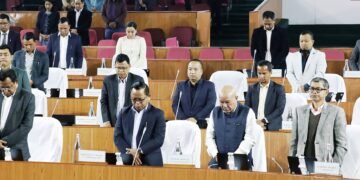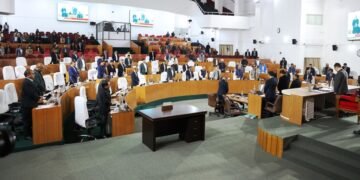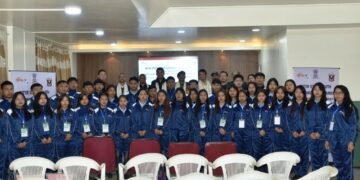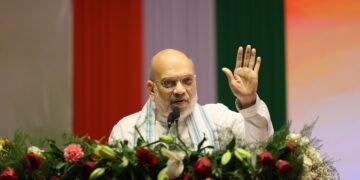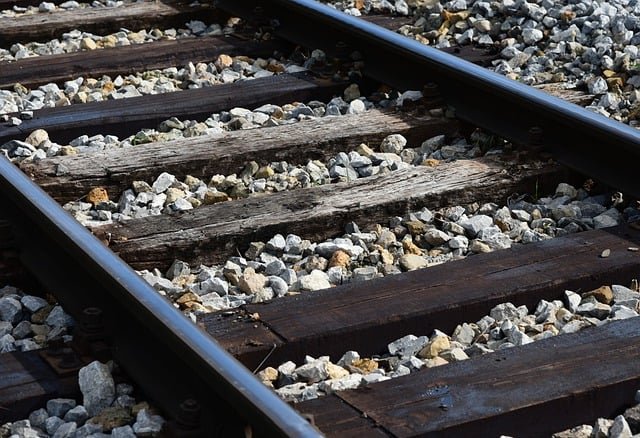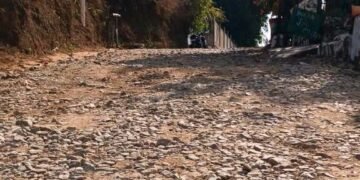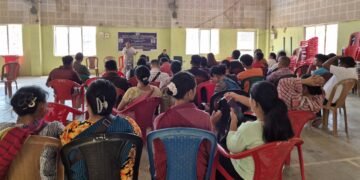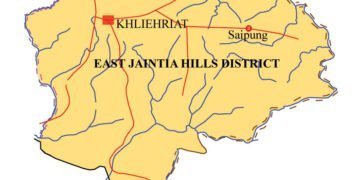The Jaiñtia National Council (JNC) has reiterated its opposition to any plan to introduce railways to Jaintia Hills.
In a press release yesterday, JNC president Sambormi Lyngdoh said that the pressure group wanted to send a “clear cut” statement to the state government and the seven MLAs from the region that it continues to stand opposed to railways.
In July, it was revealed that the option of bringing railways to East Jaintia Hills was being considered after decades of opposition stalled the plan to introduce rail to Ri-Bhoi and East Khasi Hills. East Jaintia Hills was thought a possible alternative as it is rich in coal and limestone and has several cement factories there, which could make freight rail an attractive proposition.
However, pressure groups made it clear that they are against bringing rail to Jaintia Hills as well, ostensibly because they fear it will lead to a massive influx of migrants.
To support its stance, the JNC said that there is no limit imposed by the district council to the number of non-tribals who are given licence to carry out business in Jaintia Hills and local dorbar shnongs do not have full powers to tackle influx.
Mass migration will lead to mixed marriages, which the JNC apparently considers to be a bad thing, and the loss of indigenous culture.
The construction of railway tracks and other related infrastructure will negatively affect quality of life in rural areas and harm forests, hills and water bodies, Lyngdoh added.
The railway will also only help big businesses, such as cement factories, but not local traders. In addition, it will hurt the livelihood of local truckers, he said.
The pressure group wants the MLAs from the region to speak out against the railways in cabinet and to speak for the need to tackle “undevelopment”, such as dilapidated conditions, non-functional government schools, the poor condition of government hospitals, the long-pending demand for a government college in East Jaintia Hills, etc.



